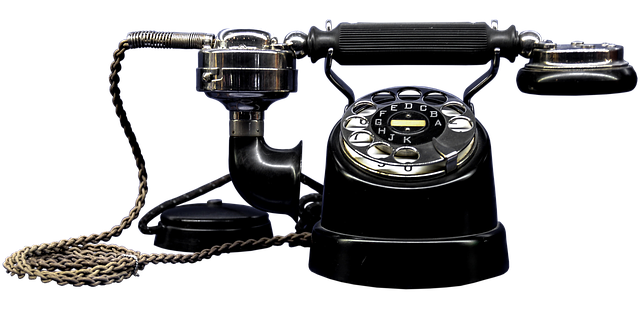-
3-minute read
-
19th December 2017
Cardinal vs. Ordinal Numbers (Knowing the Difference)
Numbers can be tricky things. So, when people start throwing around words like ‘cardinal numbers’ and ‘ordinal numbers’, you might be ready to give up on them altogether.
Not so fast! These are just terms for numbers you’ve probably used dozens of times before. And once you’ve read our guide to what they are, you’ll be filling your work with numbers of all kinds in no time!
Cardinal Numbers
First of all, we’ll deal with cardinal numbers. These are the most common type of number, as they’re the numbers we use to count things. If we say that a spider has ‘eight’ legs, for example, ‘eight’ is a cardinal number. And it is still a cardinal number when we use the numeral ‘8’ in the same way.

(Photo: stelogic)
In writing, a good rule of thumb is to write the numbers one to ten (i.e. 1-10) as words when you use them in a sentence, then to use numerals for larger numbers. However, some style guides have different advice on this issue, so make sure to check your university’s preferred numbering style.
Ordinal Numbers
We use ordinal numbers when ranking or ordering things. If we say that someone ‘came first’ in a sprint race, for instance, ‘first’ is ordinal because it shows how the runner ranked. Likewise, if we describe December as the ‘twelfth month of the year’, ‘twelfth’ is an ordinal number.
Ordinals in action.(Photo: Fabrizio/wikimedia)
In formal writing, ordinal numbers are almost always written as words when they occur within a sentence (e.g. ‘the runner came first’ not ‘the runner came 1st’). However, numerals are often used for ordinal numbers in informal writing and in dates (e.g. ‘25th of December’).
Find this useful?
Subscribe to our newsletter and get writing tips from our editors straight to your inbox.
Subscribe to Beyond the Margins and get your monthly fix of editorial strategy, workflow tips, and real-world examples from content leaders.
One thing to note here is the ‘-ly’ question. When setting out steps in an argument or process, it’s common to use ordinal numbers. And in this situation, some writers add ‘-ly’ to the end of the number:
Firstly, I will brush my teeth. Secondly, I will have breakfast.
This is fine if you prefer to do this, but it isn’t necessary. In fact, it is better to avoid adding ‘-ly’ if you are listing a lot of steps, as it can sound strange with larger numbers (e.g. ‘thirteenthly’).
Nominal Numbers
Finally, a quick word on ‘nominal numbers’. These are numbers that ‘identify’ something instead of counting or ordering it. A telephone number, for instance, is a ‘nominal’ number because it doesn’t relate to a quantity or rank of something: it’s simply a number associated with a phone line.

Nominal numbers are less common than their cardinal and ordinal counterparts, but it’s worth knowing what they are in case you come across this term at any point.




